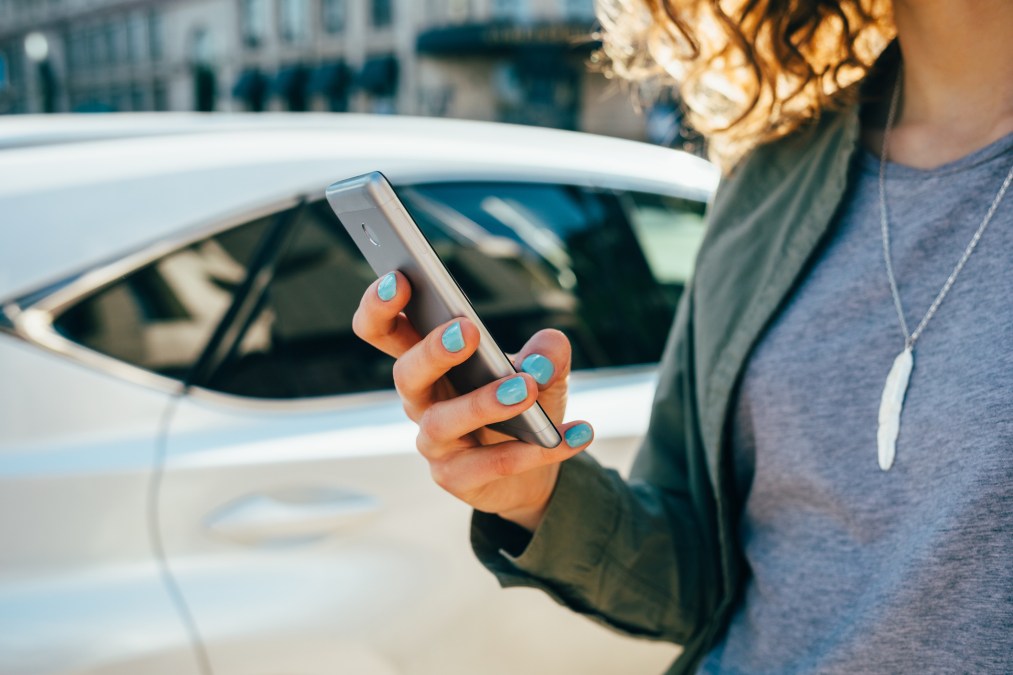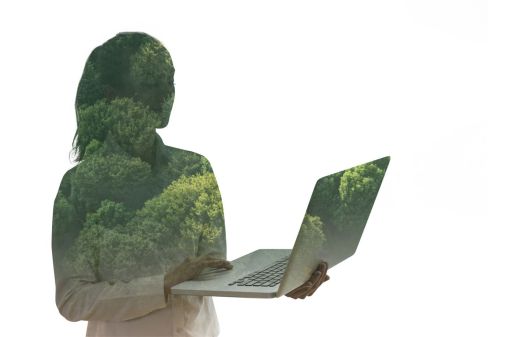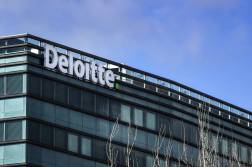UC Irvine tracks coronavirus infections through new mobile app

Researchers at the University of California, Irvine have developed a free application to identify people who may have come into contact with COVID-19 by securely tracking users’ locations.
In an effort to stop the spread of COVID-19, local and state health departments from San Francisco to Massachusetts have begun implementing tracking software to monitor potential infections among residents. And in his strategy for to relax California’s stay-at-home order, California Gov. Gavin Newsom announced last week that “tracing and tracking individuals” in order to identify those who need to remain in isolation is a top priority.
“Contact tracing is the process of tracking down and isolating people who may have been exposed to an infectious disease after someone has tested positive,” Tyler Yasaka, a researcher at the UCI School of Medicine, said in a press release last week. “This process has traditionally been slow and inefficient, and current technology-based solutions have privacy concerns because they require continuous tracking of everyone’s location.”
But UCI researchers said their new open-source smartphone application, TrackCOVID, works differently to address those concerns by creating a graph of interactions that anonymizes users’ exact movement patterns.
Every time a person using TrackCOVID gathers with others or goes to a public place, they can use the app to log who they have come into contact with, allowing possible paths of virus transmission to be discovered. And as people congregate with others over time, their interactions are linked to each other anonymously. Individuals who test positive for COVID-19 can report it through the app without revealing their identity. The app also uses a graph to demonstrate to users their potential risk for exposure.
“We built a simplified simulation model that showed the app is more effective – that it flattens the curve of infections – when more people use it,” Dr. Ronald Sahyouni, a UCI biomedical engineer, said in the press release.
Brandon Lehrich, who earned a degree in biomedical engineering at UCI in 2018, suggested that endorsement by local, state and national government entities could encourage people to use the app – as would enlisting the help of grocery stores and other “essential” gathering places.
“If the customer happens to be at an elevated risk level, they’ll see an alert on their screen,” Lehrich said. “If enough public places are doing this, then a lot of contact tracing will happen without any users making a conscious effort other than scanning a QR code when they go shopping. From there, I think people will start to see the value of the app and begin using it to create checkpoints for their private interactions as well.”
Yasaka added, “We hope our app goes viral before too many more people come in contact with the more dangerous virus.”
At other universities across the country, similar research projects are underway in an attempt to control the spread of COVID-19, including Texas A&M University, which is looking at state data to predict the impact of the coronavirus pandemic, and the University of Washington, which is monitoring the spread of COVID-19 through the sounds of peoples’ coughs.




